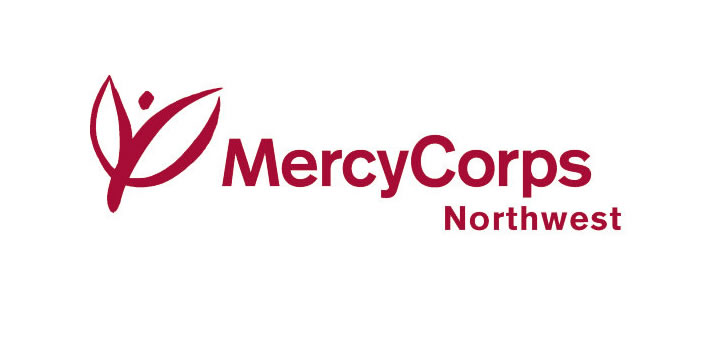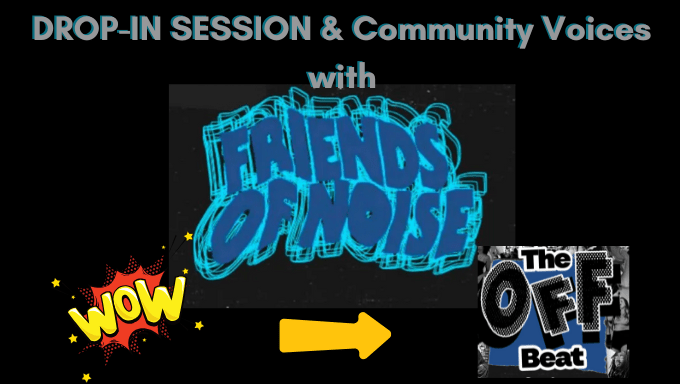On today’s Community Voices, we continue to discuss Mercy Corps’ reentry programs for people leaving prison.
Yesterday we talked about the LIFE reentry class which is taught at two nearby prisons in order to help inmates prepare to transition back into society.
But the class isn’t enough. Upon release from prison, people still face difficulties finding stable housing and jobs. So Mercy Corps started its Reentry Transition Center in 2009.
The purpose of the walk-in center is to provide clients with immediate needs such as food and housing, as well as with assistance meeting longer-term goals.
Anne O’Malley, who helps manage the reentry center:
We have a job board. And something that was very amusing and quite delightful early on is when a guy or a gal got a job, they’d come marching in the center and demand that their name be put up on the job board. We’re up to three boards now.
[hr]
Started in 2009, Mercy Corp’s reentry walk-in center offers people who recently left prison help with meeting their immediate and long-term needs.
Anne O’Malley, manager of the center, describes the space:
You walk in the front door and you end up in basically a living room. And there’s a computer lab on your right and a clothes closet just in front of that. There’s a kitchen. There’s always something warm – chili or popcorn or peanut and jelly sandwiches. Coffee is always on. You walk up to the receptionist and you say: ‘I’ve just got out; I don’t know what to do.’ And she says: ‘Wonderful, you’ve come to the right place. Sit down.’ You talk to a navigator, who is more or less a case worker. And together, the person who is reentering and the case worker talk about where that person is in life. What they need. What they need to get ahead. What holes they need to fill. We set up a plan for them – with them. And then we go about spending the next six, nine months, up to a year and a half helping them fulfill these needs.
O’Malley fills me in on more of the details:
It’s a difficult road and it’s long. So we give them emergency housing if that’s necessary. Otherwise, we start working with our partners. We have 22 official partners in the community and work very loosely with many, many others. So we can take that person and get a synopsis of where they are and place them in at least temporary transitional housing. As far as employment, we have all kinds of tutors and classes… these folks don’t know what they’re getting, but a lot of times they’re getting one-on-one tutoring with somebody very prominent in the education field. We have a computer lab… and then we have a ‘friendly list’ of folk who don’t mind giving a second chance in hiring our guys.
Besides helping ex-offenders get back on their feet, Anne O’Malley explains how Mercy Corps’ programs help society in a broader way.
If we help these folk re-integrate instead of just recycling them, there’s less graffiti, there are less victims, there are less traffic incidents, there is less use for our judicial systems, our criminal justice systems. All of these rates and taxes and fees would go down. And we’d be putting people back on the payroll. They’d be paying their child support. They’d be paying taxes. They can go back to a healthy, dignified way of life.
Tomorrow I speak with someone who has benefited from Mercy Corps’ reentry programs. To tune in, go to our web stream at PRP.fm.
- A Very New Pickathon in 2022 - August 13, 2022
- Pickathon returns to Pendarvis Farm! It’s not just the artists that’ll be new. - August 3, 2022
- July is BIPOC Mental Health Awareness Month (Black, Indigenous, Persons of Color) - July 14, 2022









Leave A Comment